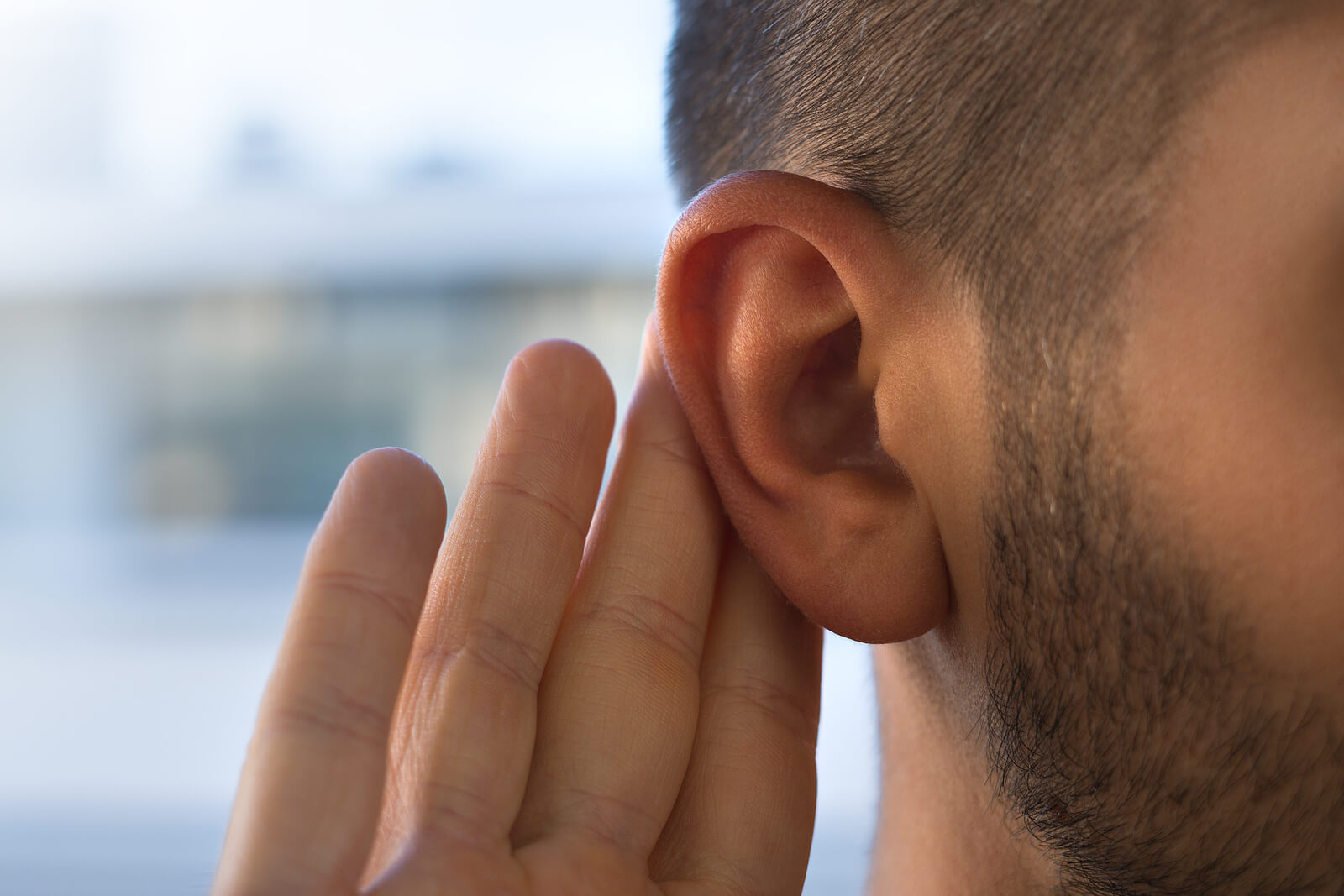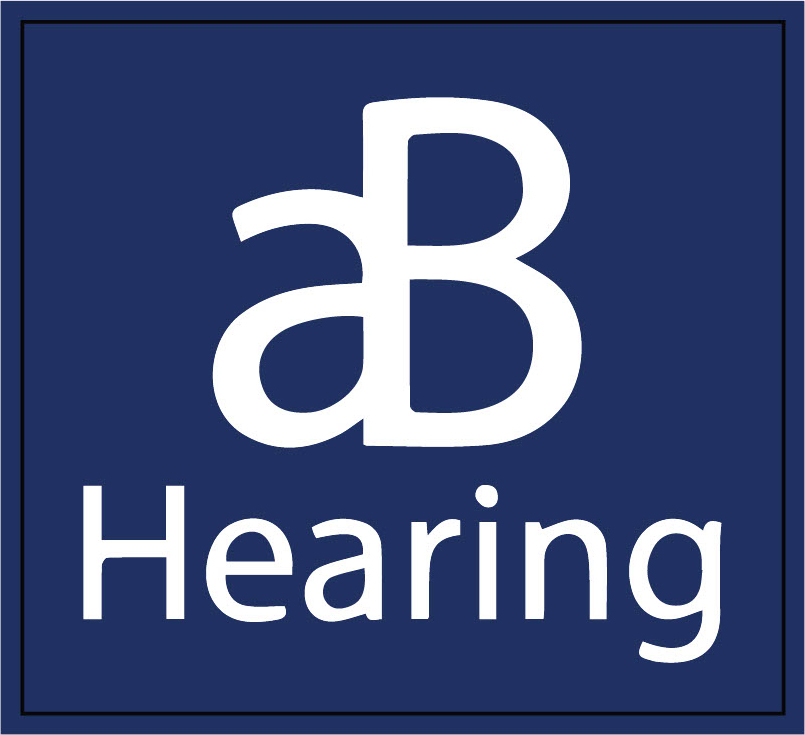Hearing Loss
Hearing loss can be an overwhelming and isolating condition to navigate. Impacting over 48 million people, hearing loss is one of the most common health issues people live with today. Though it is pervasive, affecting nearly 1 in 6 people, hearing loss still remains widely undertreated. It is estimated that only one-third of people who could benefit from treatment actually receive it.
Untreated hearing loss reduces one’s capacity to hear and process speech as well as sound. This produces a number of symptoms that strain communication - an essential way we navigate everyday life. Strained communication can take a toll on relationships, social life, work, and overall health. It is important to know that you are not alone in your experience of hearing loss and that there is a wide range of hearing health services and solutions available to you!

Hearing Loss Causes

Symptoms
- Tinnitus: a ringing, buzzing, clicking-like noise in one or both ears.
- Struggling to hear in environments with background noise.
- Sounds are slurred or muffled.
- Frequently asking others to repeat themselves or speak louder.
- Responding with “huh” or “what”.
- Needing to turn up the volume on the TV or other electronic devices.
- Lip reading to help identify individual words.
- Pretending to hear, missing parts of a conversation.
- Feeling exhausted after conversations and social interactions.

Why Treat Hearing Loss
Hearing loss is an invisible disorder that can have a considerable impact on a person's quality of life and affects people of all ages. When left untreated, it can lead to serious long-term psychological and physical conditions. Some of the most common and immediate effects of hearing impairment are social isolation, depression, and anxiety.
Hearing loss makes it difficult to communicate with others, impedes comprehension of conversations, and limits participation in social activities, significantly impacting the quality of life. Hearing loss can also have physical impacts.
It is imperative to diagnose and treat hearing loss as soon as possible. Allowing it to progress not only compromises hearing ability but significantly increases the risk factors for developing other detrimental medical conditions.

Diagnosis & Treatment
The first step toward treating hearing loss is having your hearing tested. There are a few ways to evaluate hearing loss that involve painless processes. A common test is pure-tone audiometry testing which involves wearing headphones while sounds at different frequencies are played. This identifies any hearing loss and the degree of impairment you could be experiencing.
The most common treatment for hearing loss is hearing aids. These are electronic devices that provide the ears and brain with ample hearing support. Hearing aids alleviate symptoms and also maximize one’s hearing capacity. They provide significant hearing support in everyday environments, allowing people to engage in conversations and daily life with greater ease.
